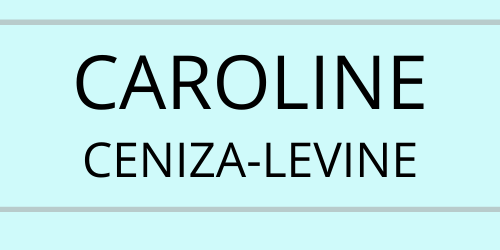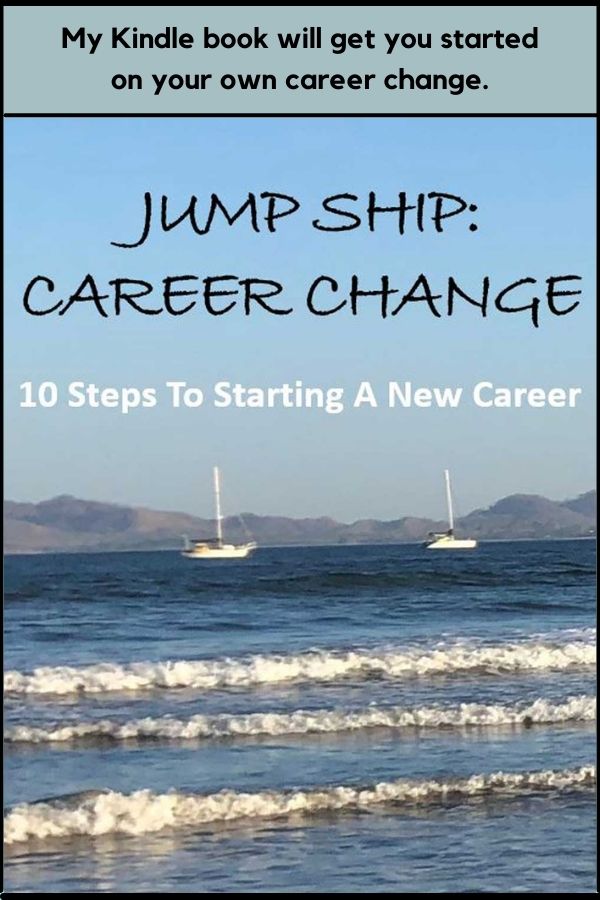Many interviews will open with an invitation to tell your story, with questions such as ‘tell me about yourself’, ‘walk me through your resume’, or ‘walk me through your career’.
Since a version of this question starts just about every interview, you’ll want to have a prepared answer. But you don’t want answer this question in the most literal sense! It isn’t a storytelling contest or a date, it’s a job interview.
There is a reason the interviewer asks this question, and your answer should be sure to address the reason the question is being asked. Here are four meanings behind ‘tell me about yourself’, and how to address the underlying intent behind them.
Intent #1: I’m using this question to check items off my list.
Your goal is to tick off the boxes.
Many first round interviews, especially at large companies, are conducted by a screener who works on many diverse job openings. This screener isn’t going to dive deep into the specific criteria for the job your are applying for, but is rather looking to qualify you for general attributes and skills. Your response needs to tick off as many of these boxes as possible.
In this case, your story needs to be comprehensive in its coverage of your chronology, skills, experience and expertise. Since many job descriptions are built from templates that include general and job-specific criteria, use the job description as a map for your story. If each qualification and requirement were listed, has your response ticked off all the boxes?
Intent #2: I know exactly the 3-4 criteria required for this job, but do you?
Your goal is to highlight the must-haves of the job.
Because many job descriptions include lots of criteria, I question candidates directly to the must-haves I know my hiring managers are looking for. However, some recruiters prefer to open the interview more generally and see whether a candidate emphasizes the most important criteria.
This tests not only for the desired qualifications, but also for the candidate’s knowledge about the job and the company, and is where a well-researched candidate will shine.
If you have gone beyond just reading the job description and have spoken to current and past employees of the company, as well as competitors in the same industry, then you have a more nuanced idea of what this opening demands.
As you weave your story, highlight where you have worked on similar challenges this role will face, in similar environments where this role will be set, and for similar stakeholders.
Intent #3: I’ve been pulled into this interview last-minute. While you tell me about yourself, I will get oriented for the rest of the interview.
Your goal is to establish rapport.
Most interview processes include a mix of HR and line-of-business staff. Interviewers representing the business-side may get roped into conducting the interview at the last minute. Their day job is not interviewing and hiring. That said, you still need to win these people over and not get annoyed that your sit-down may be the first time they are seeing your resume, hearing about your candidacy for this role, or even hearing about the open role.
Therefore, the tell-me-about-yourself question buys this unexpected interviewer time to figure it all out. Help them help you! Tell your story and align it with the job, and focus intently on establishing rapport.
Notice where your last-minute interviewer nods in agreement or takes down notes or appears to be especially interested. Build on these places of resonance throughout the interview to get this interviewer on your side. This is a meeting where you control the outcome because you are the prepared one.
Focus on rapport since the interviewer is getting to know you, more than screening you.
Intent #4: I already know your story from your resume. What I really want to know is why you’re here.
Your goal is to establish desire.
The flip side of the last-minute interviewer is the exhaustively-prepared interviewer. This person may be an experienced interviewer, or just knows this job opening very well. So they have taken the time to read about you beforehand (maybe even conducting an Internet search on you), and has asked colleagues who already interviewed you for their impressions and their questions (so as to not duplicate efforts).
This interviewer doesn’t need your story, because they know it. What this interviewer needs to understand is your desire, motivation, and why exactly you want this role and this company at this moment.
As you tell your story, you still need your facts right (this interviewer will be expecting that) but the arc of your story, the reason behind your transitions, and the big wins you choose to highlight all should drive towards this prospective role and company. Your story should make your move here inevitable.
=====================
You will never know in advance which type of interview you will get and the real meaning behind any question. Fortunately, it doesn’t matter because the best response to the ‘tell me about yourself question’ addresses each of the interviewer intents:
- Your story is comprehensive
- The details dovetail with all of the necessary criteria
- Your delivery engenders rapport
- Your motivations are crystal clear in their excitement for this role, this company, right now
A version of this post originally appeared in my leadership column on Forbes





